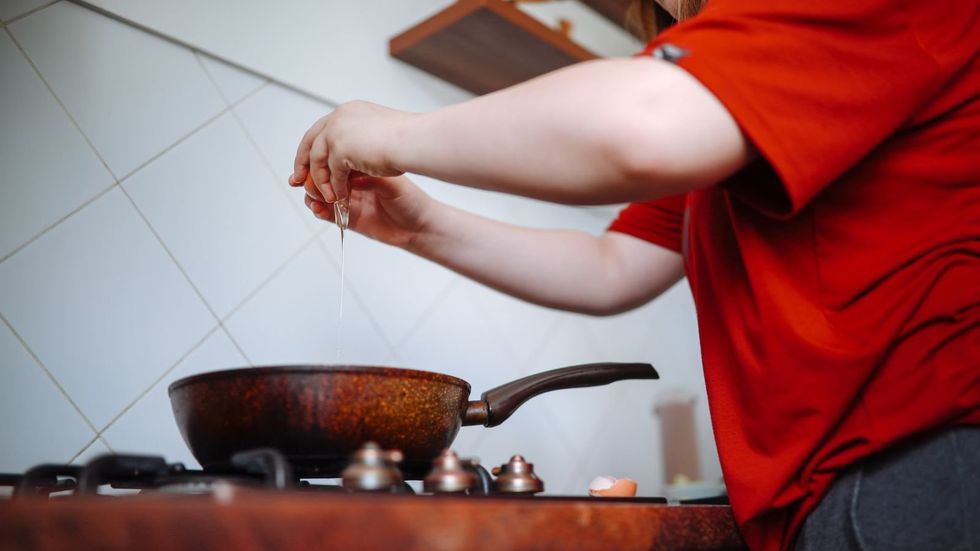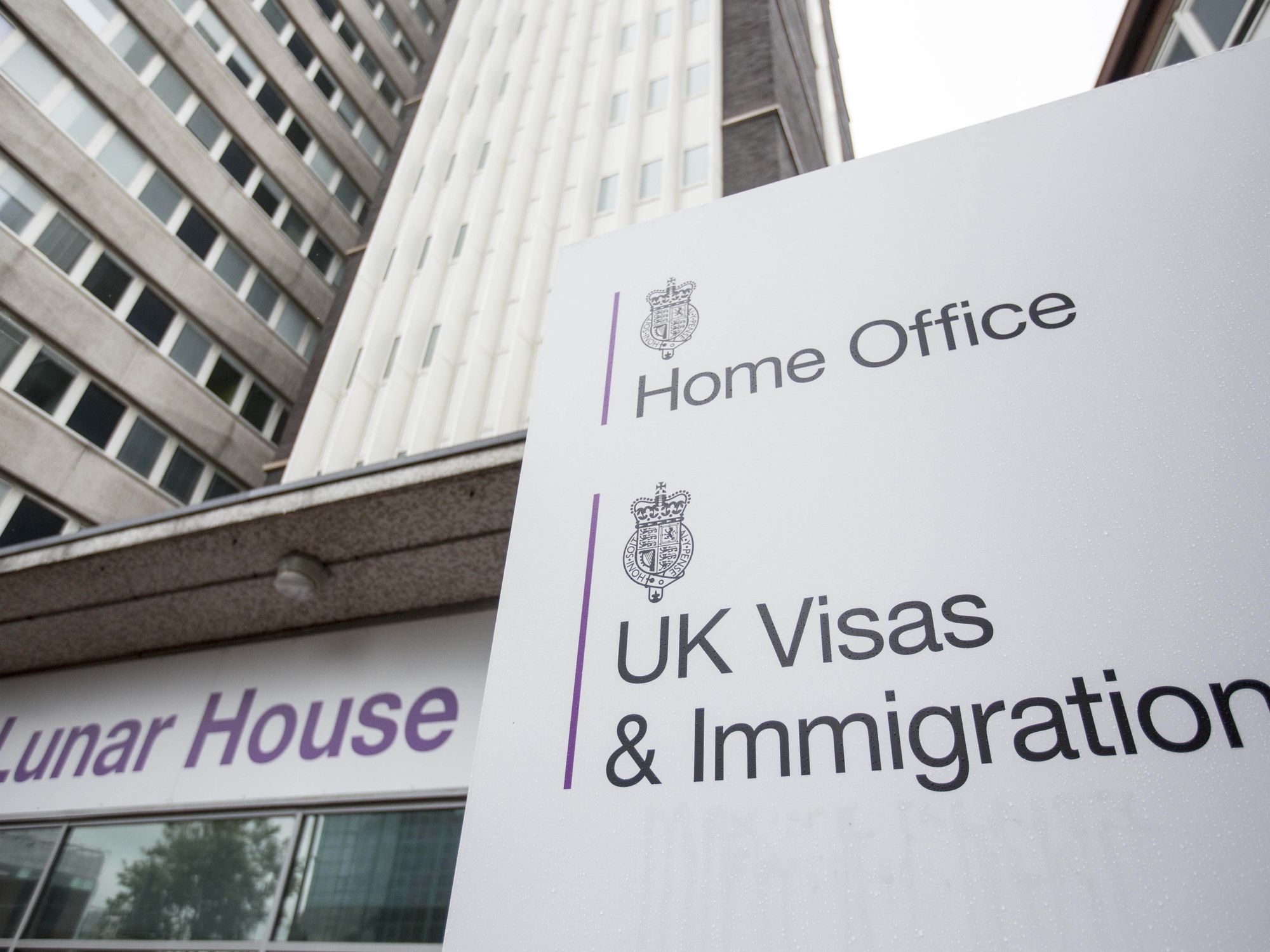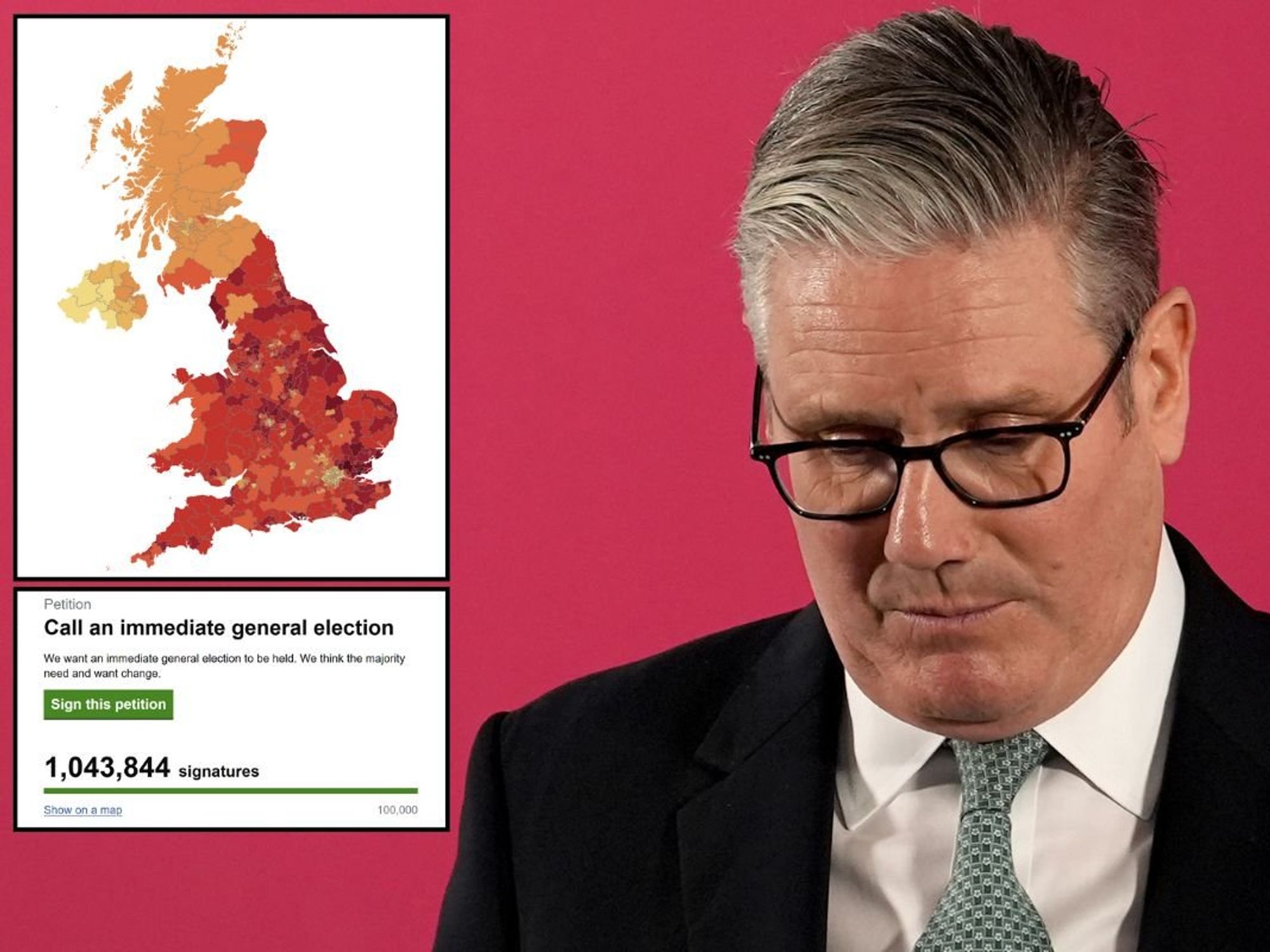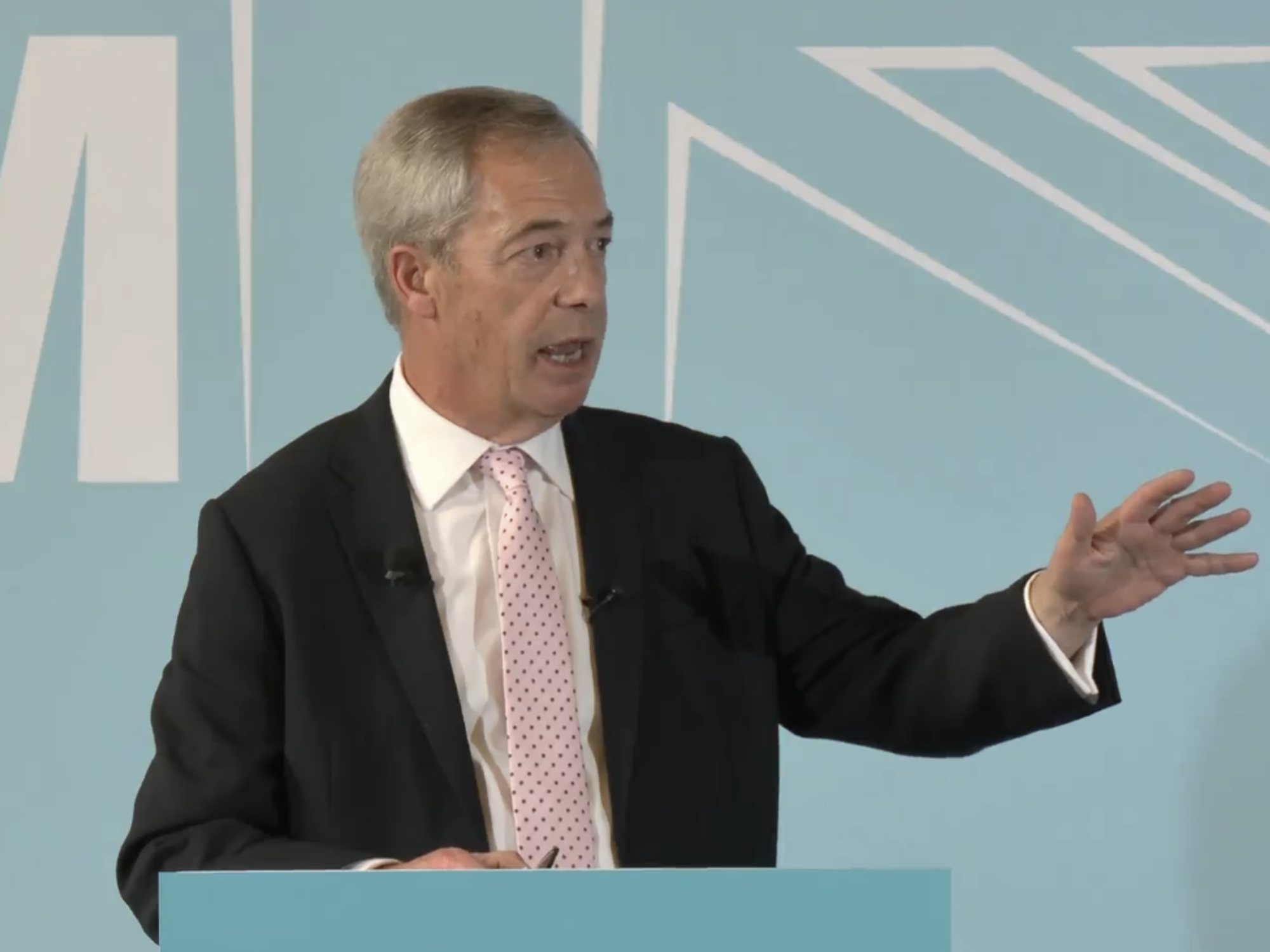A QUARTER of Gen Zs say scrolling TikTok is 'most tiresome task' - while 1 in 4 can't cook from scratch
Swathes of youngsters said they did not realise electricity bills had to be paid - while 30 per cent believed water was free
Don't Miss
Most Read
Trending on GB News
A quarter of Gen Zs say that scrolling through TikToks sent to them by their friends is the "most tiring adult task" - while the same figure cannot cook from scratch.
A new survey has uncovered a slew of damning truths about today's Gen Zs - and their approach to adult life.
When asked which "modern adult task" Gen Zs find the most tiring, 26 per cent said replying to WhatsApp messages.
A quarter said they were left tired by keeping on top of the "backlog" of Tiktoks sent to them by their friends.
Ensuring they manage their subscriptions was mentioned by 24 per cent of Gen Zs, and cooking rather than ordering from a delivery app by 22 per cent.
TRENDING
Stories
Videos
Your Say
The polling by Compare the Market found that more than half of those asked think that "adulting" is more difficult today than it was 30 years ago.
Two thirds of young Britons acknowledged that their grandparents "adulted" better than them.
Reasons for this included knowing how to use tools, cooking from scratch, and navigating without having to rely on online maps.
In a concerning revelation, before becoming adults, nearly a quarter of Gen Zs admitted they did not realise electricity bills had to be paid, and just under a third believed water was free.
A strong reliance on older generations was also seen in the poll. Nearly 60 per cent said the occasional bill was still being picked up by their parents.
Many still had to ask for help with changing a tyre or reading "complex" documents.

A quarter of Gen Zs say that scrolling through TikToks sent to them by their friends is the 'most tiring adult task'
|GETTY
At the beginning of this year, a report from Halfords found that among 2,000 adults surveyed, those aged between 18-27 were the most likely to pay for professional help when carrying out the household tasks of replacing a lightbulb or cleaning their car.
Gen Z, also known as the snowflake generation, has become known for being less resilient than their elders.
In August, figures from the Office for National Statistics showed that young people took almost double the number of mental health sick days compared to the rest of the workforce.
Around 40 per cent of Gen Z employees took more than one day off due to "mental health struggles" in the last year compared to 23 per cent across all ages, and just 7 per cent of those aged over 55.
GEN Z - READ MORE:

A quarter of Gen Z said they could not cook from scratch
|GETTY
The headmaster of the elite Rugby School, Gareth Parker-Jones, warned of a "culture of safetyism" and "mollycoddling" for the younger generation's "anxiety issues".
Earlier this year he said: "The impact of 'safetyism' has received less attention but is equally important.
"Many children born in this millennium have experienced a childhood where perceived risks in the real world have been greatly exaggerated, while the genuine risks of the online world have been ignored."
As A-Level results loomed this year, schools in Britain were found to be giving teenagers lessons on how to talk to people on the phone in case they had to go through negotiations regarding their university place.
The workshops covered how to talk on the phone, and also introduced some previous unaware students to the concept of being put on hold.
James Johnstone, a headteacher, said: "They have phenomenal digital literacy... but their interpersonal skills are less developed."
He added: "it might sound basic to adults but, for them, skills were lacking.
"We work on how to manage [their] anxiety, in terms of breathing, jotting down scripts in advance, what types of questions they want to ask.
"Then how to wrap up a professional conversation, such as phrases like 'thank you for your help today', and clarifying next steps."
More From GB News











